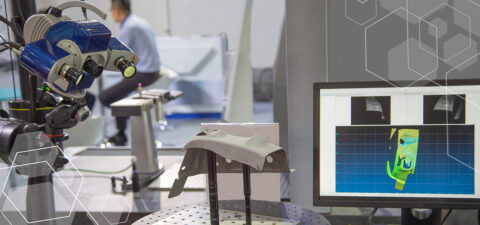Reverse Engineering Jobs

Reverse engineering is the process of examining an existing product or system in order to understand its design and functionality. Reverse engineers may use a variety of techniques to do this, including:
- Physical inspection: This involves taking apart the product or system and examining its components.
- Disassembly: This involves taking apart the product or system and then reassembling it in order to understand how it works.
- Scanning: This involves using a 3D scanner to create a digital model of the product or system.
- Microscopy: This involves using a microscope to examine the product or system at a very small scale.
Reverse engineering can be used for a variety of purposes, including:

- Improving existing products: Reverse engineering can help companies identify ways to improve the design or functionality of their products.
- Creating new products: Reverse engineering can help companies create new products that are similar to existing products, but with added features or benefits.
- Repairing products: Reverse engineering can help companies repair products that are damaged or broken.
- Learning about competitors’ products: Reverse engineering can help companies learn about the design and functionality of their competitors’ products.
Reverse engineering jobs are typically found in the following industries:
- Manufacturing: Reverse engineering is used to improve the design and functionality of manufactured products.
- Automotive: Reverse engineering is used to improve the design and functionality of cars and trucks.
- Aerospace: Reverse engineering is used to improve the design and functionality of aircraft and spacecraft.
- Software: Reverse engineering is used to improve the functionality of software programs.
- Consumer products: Reverse engineering is used to improve the design and functionality of consumer products such as toys, appliances, and electronics.
Reverse engineering jobs typically require a strong understanding of engineering principles, as well as experience with a variety of engineering software and tools. Reverse engineers must also be able to work independently and as part of a team.
If you are interested in a career in reverse engineering, there are a number of things you can do to prepare yourself:
- Earn a degree in engineering: A degree in engineering will provide you with the foundation you need to succeed in a reverse engineering career.
- Gain experience with engineering software and tools: Reverse engineers use a variety of engineering software and tools to perform their work. Familiarize yourself with these tools by taking courses or completing online tutorials.
- Build a portfolio of reverse engineering projects: Showcase your reverse engineering skills by completing a portfolio of projects. This could include projects that you have completed for school or work, or personal projects that you have undertaken.
- Network with other reverse engineers: Attend industry events and meetups to network with other reverse engineers. This will help you learn about the latest trends in reverse engineering and get your foot in the door for a job.
